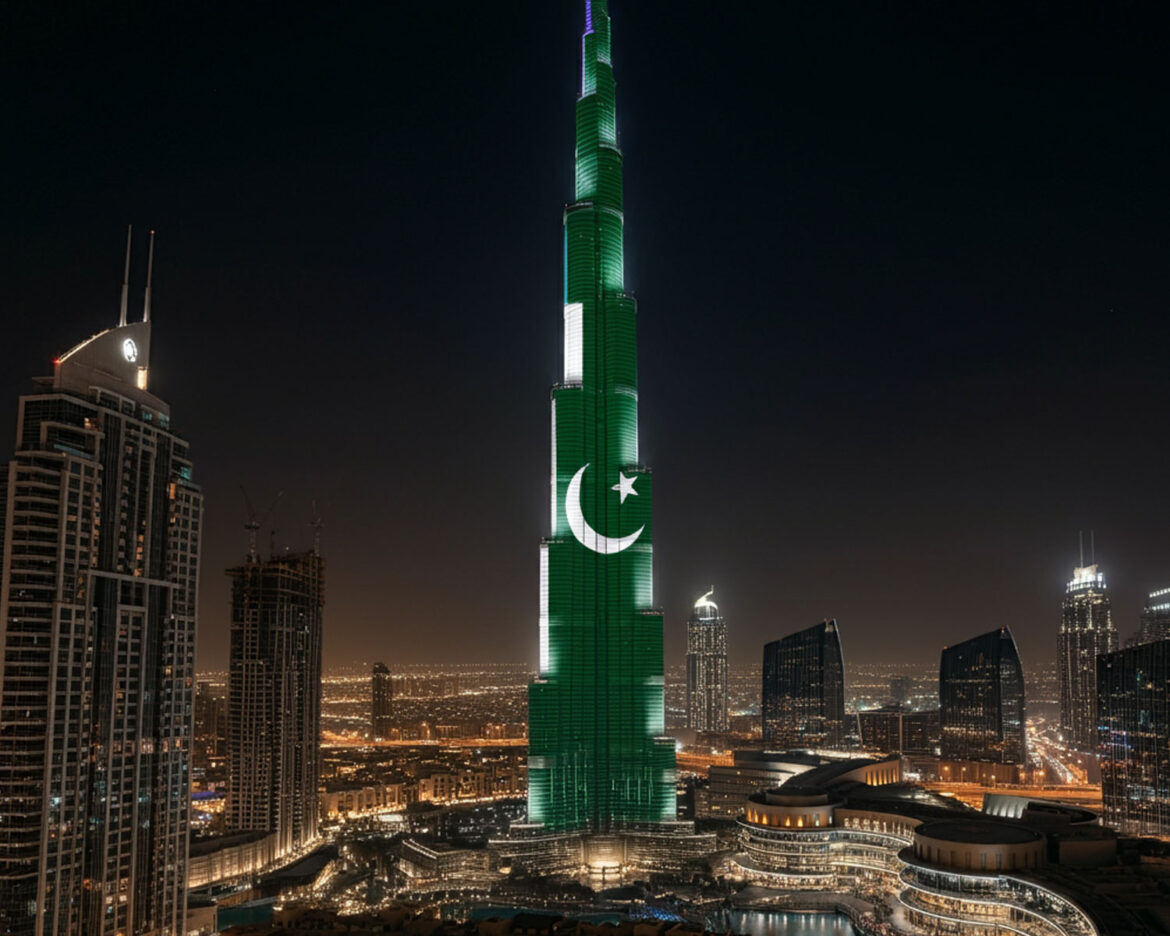Pakistan has ranked 198th globally in internet speed, according to the latest report by Ookla’s Speedtest Global Index. The dismal ranking underscores the challenges facing the country in improving digital connectivity and infrastructure. Meanwhile, the United Arab Emirates (UAE) has claimed the top position, showcasing its state-of-the-art internet services and robust technological advancements.
With an average download speed significantly lower than the global average, Pakistan’s digital performance continues to raise concerns about the accessibility and quality of internet services. Experts blame inadequate infrastructure, limited investments in broadband networks, and regulatory hurdles for the country’s slow internet speeds.
“Low internet speed affects not only individual users but also businesses and startups that rely heavily on online connectivity,” said Dr. Raza Ali, a technology expert. “It is imperative for Pakistan to prioritize digital infrastructure to remain competitive in the global market.”
In contrast, the UAE has emerged as a leader in internet speed and digital innovation, attributed to substantial investments in fiber-optic networks, 5G technology, and a focus on smart city initiatives.
The report has reignited discussions in Pakistan about the urgent need for policy reforms and public-private partnerships to enhance the country’s digital ecosystem. As the world becomes increasingly interconnected, Pakistan’s ability to catch up with global standards will be crucial for economic growth and social development.



